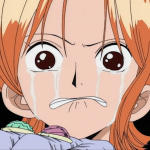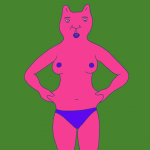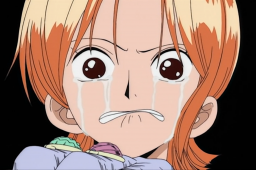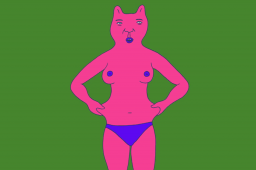
”FIFTY SHADES OF FUCKED UP” – WHY WE STILL WATCH IT
- March 25, 2018
- by
- Aadmin
No this is not a bad joke. Well it is but it is actually a quote from Christian Grey himself. You might think that there is not much more to say about this trilogy of doom. It finally has come to an end and millions of people are released. No wait, they are not. The trilogy based on the book series by E.L. James has been unbelievably succesful but even though the last of the movies has been released a month ago the discussion goes on and on and on. This is not an article about all the things I would like to criticise about the movie. This is an article that is trying to explain people’s fascination with the story of an innocent girl and the monster she tries to change.
I don’t refer to Christian as a monster, he is more of a rich, possesive asshole. I was actually talking about the roots of the story. As most of you probably already know, the novel was originally E.L James’ fan fiction about Edward and Bella from Twilight. Bella is a quite average, shy high school girl who has problems to blend in. And she is pretty relatable. I mean if you are an insecure teenage girl who is ready to sacrifice everything in order to be with the love of your life. I have read the books as a teenager myself. And I won’t hate on them because with twelve or thirteen it is hard to see the level of toxicity and unhealthiness the relationship of these characters contains. Fifty Shades of Grey – Still a better love story than Twilight? No, definitely not. Because it is the same. It is based on the same characters of the same story. The only difference is that they changed the circumstances and the world it plays in. No werewolves, no vampires, no backstory, basically – no real plot. The characteristics Edward has because he is a vampire are reflected in Christian’s status, skills, possessiveness and his ability to intimidate others. But what is so special about it? Why do people (mainly women and their partners who have been dragged there) pay money to be able to see this story on a big screen? I think the fascination with the story of a woman who falls in love with a dangerous monster she wants to change is way older than Television and Cinemas and is revealed in several stories: Bram Stoker’s Dracula, The Beauty and the Beast, Edward Scissor Hands, Warm Bodies and most recently, The Shape of Water. In most of these stories the male character is strong and/ or has supernatural abilities to protect the female character. I am not a biologist but I am pretty sure that it is part of a woman’s nature to want to feel protected by her partner. This desire for love and protection is projected onto these fictional characters. In addition to that the fact that these characters have flaws, e.g. the inability to fit in because of their appearance and that they are rejected by society creates the appeal to change them. Being able to make a better person out of someone makes us feel special. It makes us feel as if we are the only one who the other person could feel complete with. It is a romantic ideal a lot of people, consciously or unconsciously, are pursuing.
I know that a lot of people are freaking out because they think that movies like Fifty Shades are romanticizing sexual abuse and toxic relationships. I do not agree with that because on the one hand characters like Bella and Anastasia are deliberately deciding what they do. No one forced them to be in a relationship with someone else. Even though they have insecurities, they are able to take responsibility for their actions. It is not the movie industries job to ban “bad movies”. Success is earned by popularity. If millions of people want to see how two characters discuss a sex contract for two hours, we should let them do that. The only thing we can and we definitely should do is talk about why these people are so captivated by this kind of story, where these fantasies come from and explain why a story like Christian’s and Ana’s should stay imaginary.





